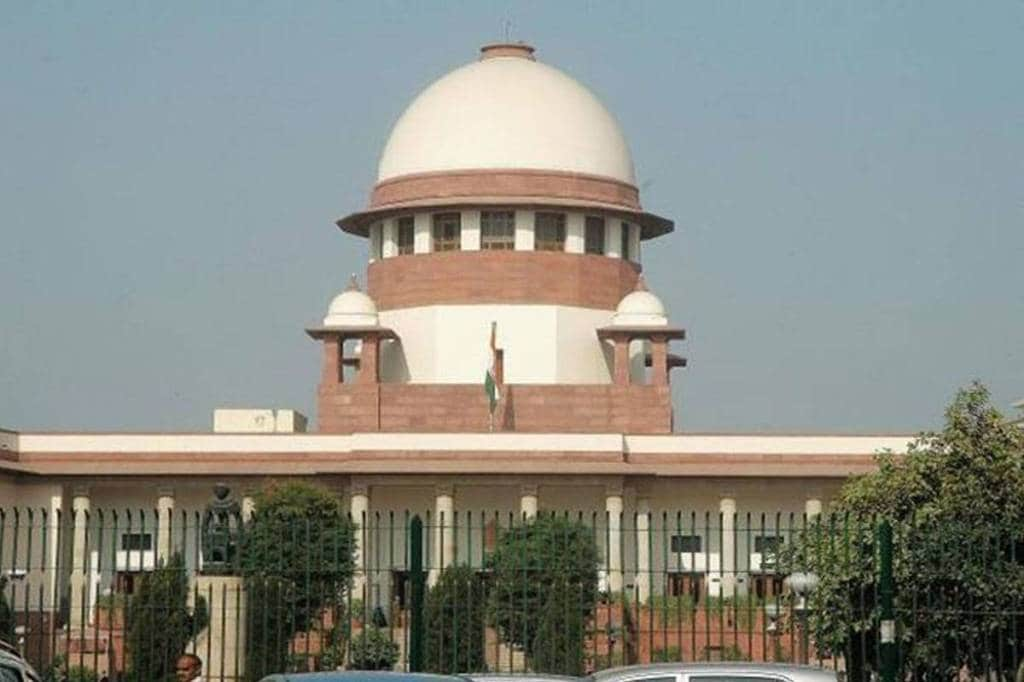The Supreme Court on Tuesday said it will only decide whether the Singapore emergency arbitrator’s (EA) order restraining the Future Group from going ahead with its `24,713-crore deal with Reliance Retail is “valid” and “enforceable” under Indian arbitration laws. It will also look into the maintainability of Future Group’s appeal against the Delhi High Court’s single judge order which stalled the deal.
Questioning the applicability of last year’s EA order, senior counsel Harish Salve, appearing for Future Retail, told a bench led by Justice RF Nariman that the power of the state is needed to enforce the arbitral award by any tribunal. Tribunals are contractual and they can get the state’s powers only after express registration, he said.
The extent to which a tribunal can assume the power of the state or be treated as a court remains subject to the country’s legislative policy, Salve argued, while pointing to various earlier judgments by the SC to support his claim.
Terming the EA’s order a “nullity” in absence of an arbitration agreement, he reiterated that there is no notion of an EA under the Indian Arbitration Act. He also said once arbitration ends with passage of an award, the Arbitration Act doesn’t apply and the enforcement of an award has to take place under CPC.
Future Retail also said that the EA order has a shelf life of 90 days and lapses automatically if a tribunal is not set up within that time. The company said it is up to Parliament to decide where to accommodate EAs under Indian law.
The dispute between Future Group and Amazon has been going on since October 25, 2020, when the emergency arbitrator at the Singapore International Arbitration Centre (SIAC) passed an interim order restraining Future Group from going ahead with its deal with Reliance Retail. The SIAC last week concluded its hearing on the plea filed by Amazon against the deal between Future Group and Reliance.
The Supreme Court will continue hearing the case on Wednesday.

